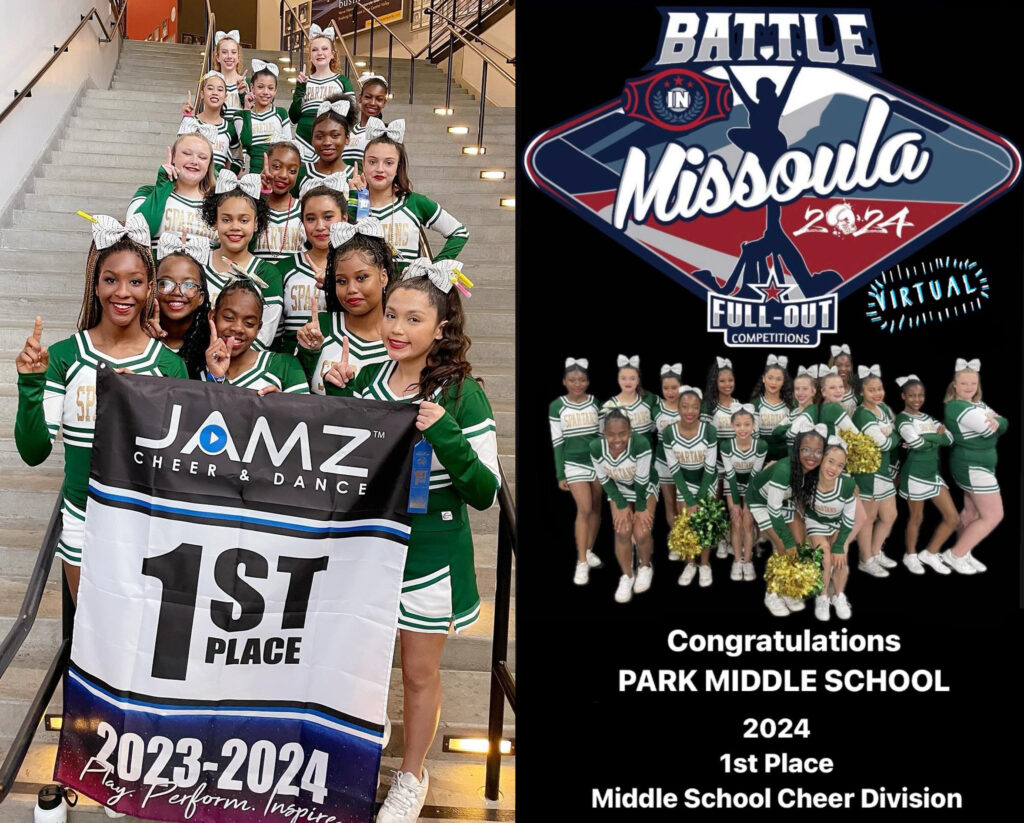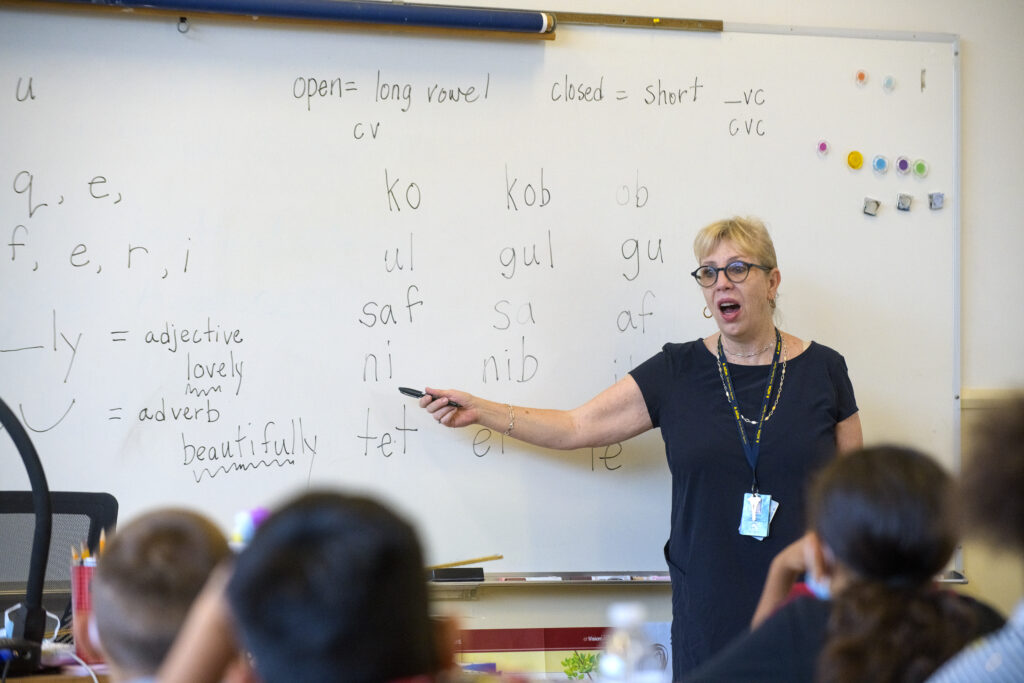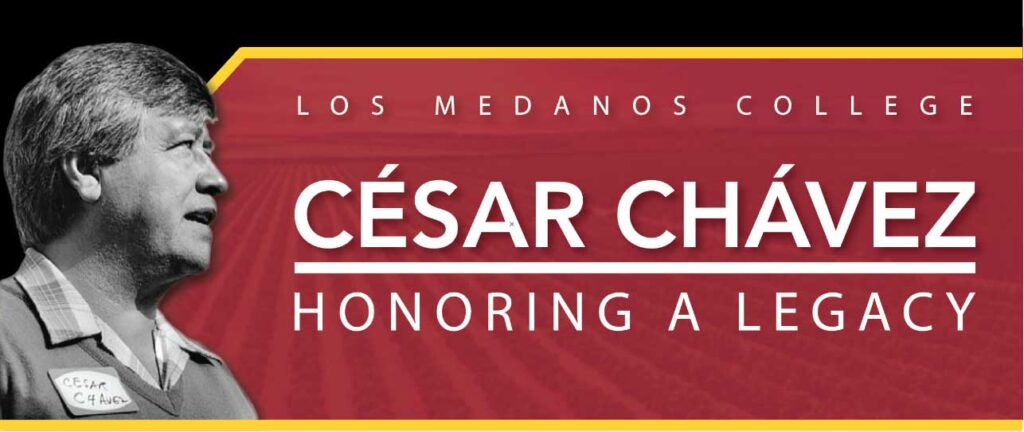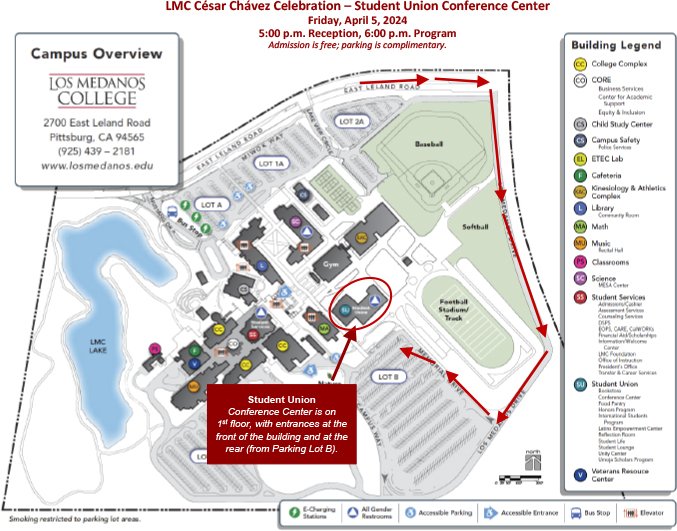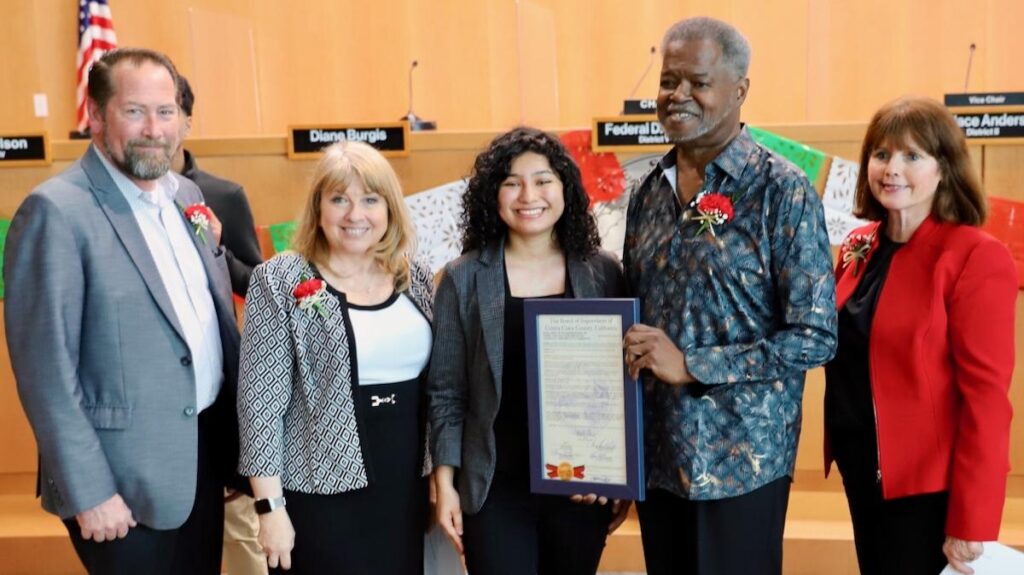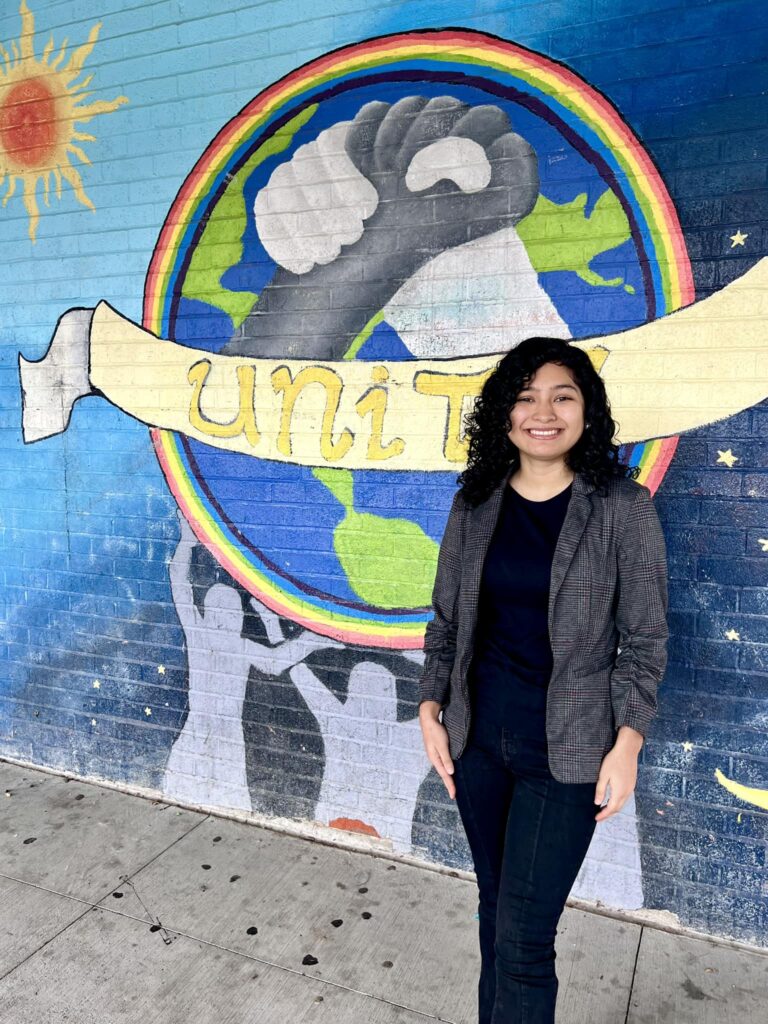Antioch School Board president calls special meeting to evaluate, possibly dismiss superintendent
Wednesday, April 24th, 2024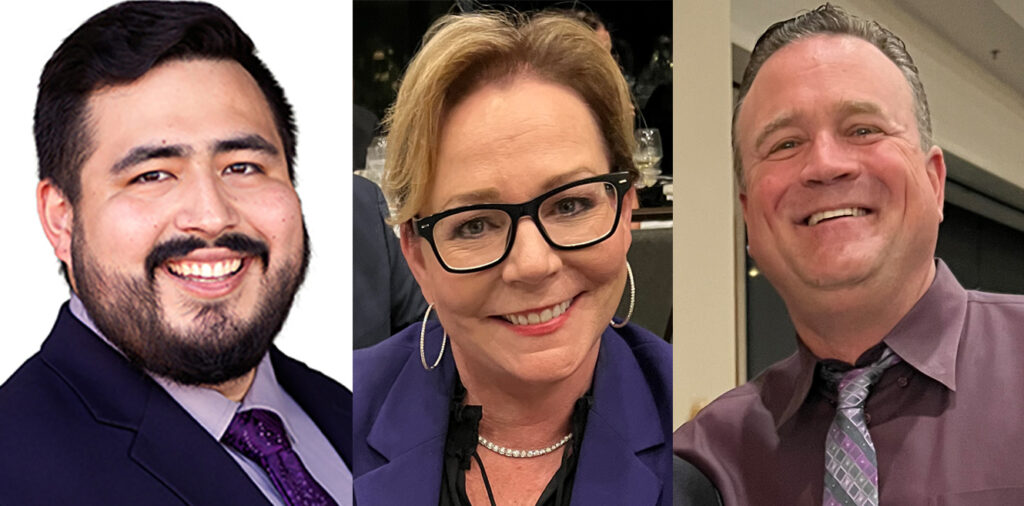
Following employee complaints of a supervisor for prank that occurred over a year ago
Second special meeting in a week scheduled unilaterally by Hernandez – who has publicly called for Anello’s resignation – without confirming if other board members can attend; at least two trustees can’t
By Allen D. Payton
Following Antioch Unified School District employee complaints of their former boss of placing an employees’ desk on the roof in January 2023 and bullying them, and several news reports by NBC Bay Area, Superintendent Stephanie Anello has come under fire from Board President and Area 1 Trustee Antonio Hernandez. Both he and Area 2 Trustee Jag Lathan have been quoted in one or more of the news reports commenting on the employee matter. Now, Hernandez is calling for Anello’s resignation because of the incident. (See related articles here, here and here)
While the Director of Facilities, Maintenance and Operations, Kenny Turnage, II, pulled the prank and, in response, Anello has moved him into the district office to oversee the funds from the recently passed Measure B bond measure.
Before taking his position with the school district, Turnage owned and operated K2GC in Antioch which was voted repeatedly as the city’s best General Contractor over multiple years. While Chair of the Antioch Planning Commission in 2020, he was removed by a vote of the Antioch City Council following comments about COVID on his personal Facebook page. That effort was led by District 4 Councilwoman Monica Wilson who Turnage was expected to run against later that year. He was honored as the 2015 Antioch Citizen of the Year for Most Impact. Instead of running for city council Turnage run unsuccessfully in 2020 for AUSD Area 3 Trustee.
Turnage is good friends with Anello’s husband, former Antioch Police Chief Allan Cantando, which has caused some to complain and speculate the AUSD employee is being given special treatment by the superintendent.
Now, according to another NBC Bay Area news report, based on leaked information not provided to board members in an email but not to other media by the superintendent nor district staff, Anello has called for a separate investigation of the matter without her involved.
Yet, Hernandez has called two special board meetings, with a second one scheduled for Thursday, April 25, 2024 at 7:00 p.m., to Public Employee Discipline/Dismissal/Release [Pursuant to Government Code section 54957] and Public Employee Performance Evaluation Title: Superintendent [Pursuant to Government Code section 54957 and at least two other board members can’t attend. He called the first special meeting for last Friday, but it could not be held for lack of a quorum.
According to Area 3 Trustee Dr. Clyde Lewis who said he can’t attend this week’s special meeting, explained that the school board meeting agendas are set by the president, vice president and superintendent. But Vice President and Area 5 Trustee Mary Rocha was not involved.
When asked to verify that, Rocha said, “I have not been included in any of Antonio’s dealings. He said Thursday he was holding a special meeting on Friday and instructed a staff member to call the other board members. But I was going out of town for my birthday weekend. No meeting was held due to a lack of quorum. So he called another one for this Thursday and I didn’t know about it until school board staff called me and I didn’t know what was on the agenda. I’d only heard it was similar to the one before.”
“I have a funeral to attend tomorrow and family visiting from Texas, and I don’t see the urgency,” she explained. “Stephanie gave notice early Wednesday morning that she’s out on sick leave until Tuesday.”
“But when you’re the board president, out of courtesy, why would you call a special meeting if you didn’t know if your members can attend?” Rocha asked. “He’s talking to the TV and throwing us under the bus trying to claim we don’t care and he’s the only one who does.”
“Now, it’s getting hot with the employees complaining about Kenny Turnage,” she continued. “It’s a personnel matter. Stephanie has to tell us what they’re doing with it. We’ve had people come to the board meetings and complain and it’s been referred to her to handle it. But I have an email from her that she’s calling for a separate investigation without her involved,” confirming that Anello sent her email to board members.
“A separate personnel commission was set up in the 1970’s to protect from nepotism,” Rocha explained. “If we create a new position, their job is to set up job description and wages. There has always been a maintenance director, but the previous person retired and Turnage applied for it. We don’t know who else applied for it. After the person goes through the interviews and then they’re brought to us for approval. We found out who it was, afterwards.”
“You call a special meeting to deal with an employee evaluation and discipline and possible removal when they’ve done something like embezzlement,” the Area 5 Trustee stated. “Every board president is responsible for the annual evaluation. But none of them have scheduled one for the superintendent since, I think the last one by Diane Gibson-Gray. Clyde tried to have one last year. But every year we can’t seem to agree on the right trainer to help us in the evaluation process and set our goals.”
“This is all coming in from the mayor,” Rocha stated. “He and Antonio are best buddies. Then you have Jag. Just go look at all the photos with the mayor. They’re the only two invited. Antonio is always announcing events the mayor invites him to, ribbon cuttings and grand openings. But we’re never invited.”
Asked if this is another attempt by the board minority to terminate Anello, Rocha said, “heck, yes. They tried it with Ellie when she was president.”
That effort was also supported by Hernandez, but Lewis, Rocha and Area 4 Trustee Gary Hack wouldn’t support it.
“They tried it when Debra Vinson was one of two members on the board giving her problems,” Rocha added.
“You can’t evaluate her when you don’t have any goals,” she continued. “That situation with Turnage was a year ago. all of a sudden, they’re bringing it up. But the superintendent did something to handle it. She moved him out of the position and put him in the district office to deal with the bond issue. But we haven’t had much communication with her about it.”
“You have to give employees the opportunity to clean things up. You can’t just fire them. They have rights,” Rocha explained.
“Antonio isn’t giving us the courtesy, he’s just talking to the reporters,” she complained. “The president is just out there condemning the employee. What right does he have to do that?”
“When that reporter showed up at the council meeting with the cameras rolling, the president should have cut the mic,” Rocha stated. “He should have told the reporter, we can’t discuss that, it’s a personnel matter. But he allowed the press to speak against both of them, Stephanie and Turnage. The president kept allowing it to happen.” (See April 10, 2024 Antioch School Board meeting video at the 1:10:17 mark)
Questions were sent to Hernandez late Wednesday night asking why he is scheduling special board meetings before first having district staff poll the members to ensure there will be a quorum as didn’t happen for last Friday’s special meeting that he called. The board president was also asked, “Why are you setting the agenda unilaterally without discussion and confirmation with the board vice president as is the practice? Upon what do you plan to base the board’s evaluation of the superintendent? Have you and the board set any goals for the superintendent to achieve?”
Hernandez was also asked, “Is this another attempt to terminate Ms. Anello like you and then-Board President Ellie Householder unsuccessfully attempted following your election in 2020? Are you the one who leaked the information about the superintendent’s call for a separate investigation? Are you aware Ms. Anello has called in sick through next Tuesday as of Wednesday morning so she won’t be able to attend the closed session for the board to evaluate her? Do you think it’s appropriate to call for the superintendent’s resignation before evaluating her performance? Do you think it’s appropriate for a school board member to publicly speak about a personnel matter and about specific employees? How can you fairly evaluate a superintendent after you’ve publicly called for their resignation?”
Attempts to reach both Turnage and Anello about the employee complaints and the response by the superintendent have been unsuccessful to date.
AUSD board meetings are held in the Board Room at the District Office, located at 510 G Street in historic, downtown Rivertown. Thursday’s special meeting, if held, can be viewed live on the District’s YouTube channel.
Please check back later for his responses and any other updates to this report.








